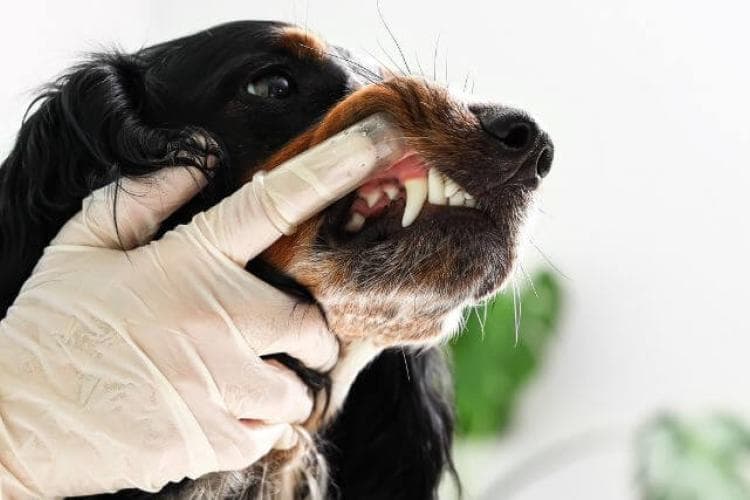Will my dog go under anesthesia during surgery, and who will monitor them? - Four Paws at Fulshear Veterinary Clinic
Yes, your dog will be under general anesthesia during major surgeries. This ensures they won't feel anything during the procedure.
What questions should I ask my veterinarian about my dog’s surgery? - Four Paws at Fulshear Veterinary Clinic
If you feel nervous or scared about the procedure or anesthesia, address these concerns. Ask questions about recovery time, when your pet might be ready to go home, and whether we need an e-collar or a surgery suit. Any question you have about the surgery should be asked before the procedure.
What can I expect from my dog’s upcoming surgery? - Four Paws at Fulshear Veterinary Clinic
You should expect a phone call the day before the surgery explaining the pre-surgery instructions such as not feeding your dog after nine o'clock, water is fine, and not to feed breakfast the morning of. Our drop-off for surgery time is 8 a.m. You should also expect communications throughout the day about the progress of the surgery, when your pet is in recovery, and the appropriate pickup time. We will also provide a discharge that goes home explaining post-op pain medications, what to look out for, and how to help care for your pet after anesthesia.
Inside the Canine Tooth: Exploring Endodontic Care for Dogs
Welcome to our exploration of canine endodontics, a critical aspect of veterinary dental care that often goes unnotic
A Veterinarian's Insight into Dog Cardiology: Understanding Heart Health in Canines
As a veterinarian, I've witnessed firsthand the importance of heart health in our canine companions and the impact it
What is heart failure in dogs? - 4 Paws at Fulshear Veterinary Clinic
Heart failure in dogs can be either right-sided or left-sided. Right-sided heart failure results in fluid backing up into the abdomen, making the dog appear pregnant. Left-sided congestive heart failure causes fluid to build up in the lungs, essentially causing the dog to drown in its own body.
When fluid builds up in a dog's lungs and chest, oxygen cannot effectively diffuse through the fluid. This condition often results in patients who are extremely sick, exhibiting symptoms like rapid breathing and coughing. In severe, life-threatening cases, tipping the animal can cause fluid to pour out through their nose, resembling tipping a teapot. Unfortunately, once this stage is reached, humane euthanasia is often considered, as some dogs may even pass away while undergoing treatment. This situation underscores the severity of heart failure in dogs, highlighting the critical nature of the two main types of heart failures they experience.
How do you treat an enlarged heart? - 4 Paws at Fulshear Veterinary Clinic
While we can't reverse an enlarged heart, we can support its function with medication. This can help slow down the progression of the disease. Unfortunately, unlike in humans, we don't have the capability to do heart transplants in dogs at this time.
What is an enlarged heart in dogs? - 4 Paws at Fulshear Veterinary Clinic
An enlarged heart in dogs is exactly what it sounds like - a heart that is larger than it should be. This usually indicates some type of disease, such as one of the chambers becoming too big or too thick.
Can diet affect my dog’s heart health? - 4 Paws at Fulshear Veterinary Clinic
Yes, diet can have a significant impact on a dog's heart health. There appears to be a strong correlation between grain-free diets and dilated cardiomyopathy (DCM). While we're still waiting for the results from official studies, many vets, including myself, have seen improvements in dogs' heart health when they are taken off grain-free food. If you have further questions about this, please schedule a consultation.



